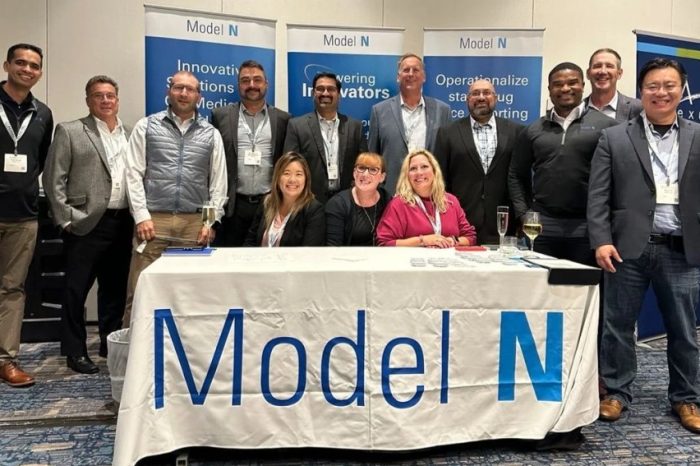Sovereign AI Cloud: Oracle’s Larry Ellison predicts governments will build ‘sovereign’ AI clouds in the future

Oracle chairman and CTO Larry Ellison grabbed media attention over the weekend with his latest bold prediction regarding the emergence of sovereign AI clouds. During a recent earnings call with Wall Street analysts, Ellison forecast a surge in government-backed cloud infrastructure tailor-made for artificial intelligence (AI).
The Oracle founder and former CEO said these specialized “sovereign” AI clouds would empower governments to safeguard their data and AI applications within national boundaries.
“We talk about, you know, winning business with companies. For the first time, we’re beginning to win business for countries,” Ellison said. “We have a number of countries where we’re negotiating sovereign regions with the national government.”
Ellison points to two primary driving forces behind this emerging trend: concerns over data security and the quest for greater technological autonomy. Governments are becoming increasingly cautious about entrusting sensitive data to cloud platforms operated by foreign entities. In addition, governments are seeking more authority over the development and deployment of AI technologies within their territories.
The potential applications of sovereign AI clouds are diverse. Ellison proposes that AI could serve governments in various capacities, ranging from analyzing extensive legal frameworks to streamlining regulatory processes to enhancing agricultural productivity and forecasting market dynamics.
According to a report from CNBC, Oracle is seizing the opportunity presented by this trend by collaborating with several nations to establish their own sovereign cloud solutions. Nonetheless, experts warn that constructing and managing these cloud infrastructures could pose significant challenges in terms of cost and complexity for certain governments. Whether this prediction will catalyze a worldwide shift towards sovereign AI clouds remains uncertain, but it underscores a noteworthy trend as governments grapple with issues of data security and technological progress.
Oracle, in collaboration with Nvidia and Microsoft, has been leveraging generative AI capabilities to streamline bureaucratic processes for various countries. Larry Ellison, Oracle’s figurehead, cited Albania as a case in point. The country is striving to align itself with European Union standards, a goal for which it’s utilizing chatGPT—a generative AI tool—to decode and condense its legal statutes, thus aiding Albania in identifying necessary adjustments to comply with E.U. regulations.
Ellison remarked, “It took Serbia eight years to synchronize their laws for E.U. accession. Albania faces a similar challenge, but with generative AI, we can analyze Albania’s entire legal framework and potentially achieve alignment with E.U. standards in a much shorter timeframe, perhaps within 18 months to two years.”
While Ellison’s optimism has garnered attention, some analysts remain skeptical, dismissing his statements as typical executive enthusiasm for a strategic business initiative. Oracle’s stock has seen a 21% increase year-to-date, but concerns have been raised regarding slower growth in Oracle Cloud Infrastructure (OCI) during the latest earnings report. Raimo Lenschow, an analyst at Barclays, highlighted this slowdown in OCI growth as a potential cause for investor apprehension, given its significance to Oracle’s overall narrative.

